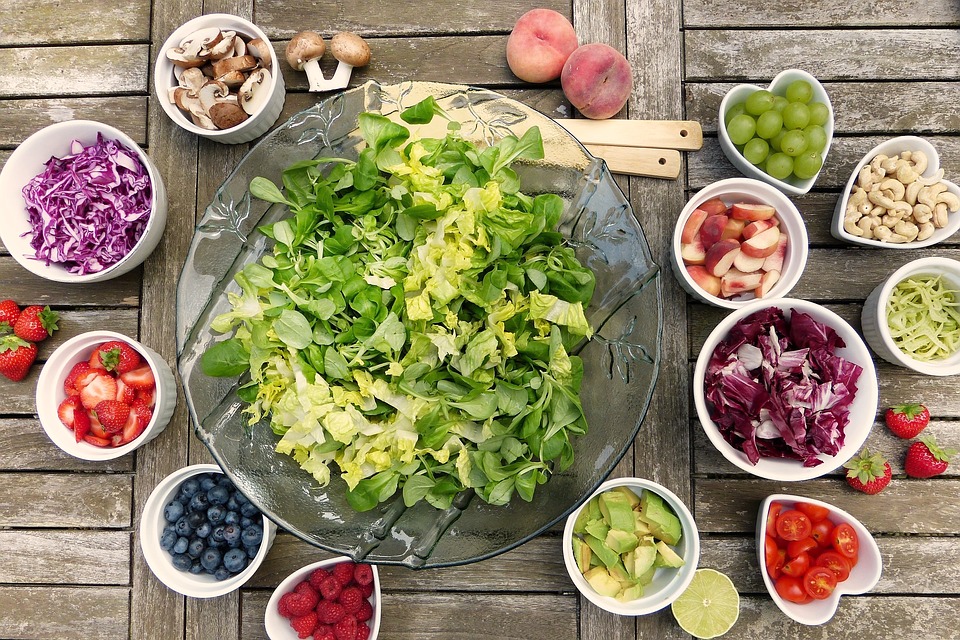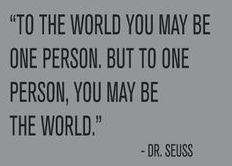As we all know, good nutrition is an important aspect of a healthy lifestyle and disease prevention. Eating a variety of foods, or “dietary diversity”, is a widely accepted concept to ensure a healthy and nutritious diet. It is a key component of health, fitness and overall wellness and helps to reduce the risk of major diseases like heart diseases, diabetes mellitus, metabolic syndrome, hypertension, stroke and cancer. In this blog post, I would like to elaborate the importance of dietary diversity and its scoring methods, with an aim to enable you to measure your own nutrition situation and also to assess and improve the nutritional status of all your family members.

Several studies have shown that dietary diversity may be beneficial to a healthy weight, as it is appropriate to promote a healthy eating pattern, emphasizing on adequate intake of plant foods, protein sources, low-fat dairy products, vegetable oils, and nuts and limits consumption of sweets, sugar-sweetened beverages, unhealthy fats and red meats.
Dietary Diversity Score (DDS) – Dietary diversity is a qualitative measure of food consumption that reflects household access to a variety of foods, and is also a proxy for nutrient adequacy of the diet of individuals. The diverse diet (DD) which has all the food groups (vegetables, fruits, grains, meat, and dairy products) is necessary for achieving nutrient adequacy and optimal growth and development. Too much of unhealthy dietary factors and too little of required nutrients are both associated with increased risk of chronic diseases and malnutrition. Thus, dietary guidelines are recommended in improving the diversity of the diet. Nowadays, we are at a greater risk of macro and micro-nutritional deficiencies due to physiological changes, acute and chronic diseases, ageing factor and at times differences in financial and social status. Being aware of the dietary diversity component will improve the nutritional status of children and adults across age groups. Several studies have shown that the overall nutritional quality of the diet improves with a diverse diet. Therefore, diversity in the diet is important to meet the daily requirements for energy and other essential vitamins and minerals not only for those who are at risk of nutritional deficiencies but also for the general population keen on preventing health problems.
| Food Group | Examples |
| Cereals | Corn/maize, rice, wheat, sorghum, millet, oat |
| White roots and Tubers | White potato, yam, cassava, sweet potato |
| Vitamin A rich vegetables & Fruits | Pumpkin, carrot, sweet potato, bell pepper, mango, apricot, papaya, grapes |
| Dark green leafy vegetables | Amaranth, kale, spinach |
| Vegetables & Fruits | Tomato, onion, cabbage, broccoli, citrus fruits, pear, apple |
| Poultry & Fish | Chicken, fish, lean meat, egg |
| Legumes, Nuts & Seeds | Lentils, beans, peas, nuts and flax seeds, pumpkin seeds |
| Milk and Milk products | Milk, yogurt, cheese |
| Oils | Sunflower oil, rice bran oil, gingelly oil, groundnut oil |
| Spices, Beverages | Spices(black pepper, salt), coffee, tea |
Benefits of Eating a Diverse Diet:
Ensures optimal macronutrient intake: Proteins, carbohydrates and fats are the macronutrients that your body needs to maintain and regulate the body functions. Most people with average activity should get approximately 50 per cent of their total daily calories from carbohydrate to 20 per cent from protein and 30 per cent from a fat source.
Sources: whole grains, beans, legumes, eggs, dairy products, nuts, healthy plant-based oil.
Helps meet your micronutrient requirements: Micronutrients are needed in small quantities, but they are critical for the perfect execution of the myriad reactions going on inside our bodies. Eating a varied diet increases your chance of acquiring all your essential micronutrients (vitamins and minerals) and reduces the risk of acute infections and chronic ailments.
Sources: coloured fruits and vegetables, green leafy vegetables, nuts and seeds
Facilitates hydration: Your body contains about 60-75 percent of water. Water is required for several key functions like regulation of temperature, transport and absorption of nutrients and elimination of waste products from the body. Feeling thirsty, dry mouth, tiredness, headache and dizziness indicate that you need more fluids. If your fluid intake is not adequate it may lead to dehydration. Your intake of fluids should be liberal to prevent dehydration (eg: six to eight glasses of fluids every day).Water has no calories and is in fact known to keep your heart, kidneys, joints and skin healthy.
Induces peaceful sleep: Some unhealthy foods like artificial sugar, sweetened beverages, packed and processed foods may lead to several problems like indigestion, bloating, abnormal cholesterol level and high BP. Include a healthy balanced diet rich in variety and promote good sleep and better health.
Leads to a better and happier you: As you start eating a balanced and diverse diet, you begin to have more energy, feel less stressed and start accomplishing more in lesser time compared with when you consume an inappropriate diet. Diet is the foundation of one’s well-being.
In conclusion, eating a well-balanced diverse diet everyday is more fun, more interesting and of course the best way of meeting your daily requirement of essential nutrients. If you have been advised by your doctor or dietician to avoid certain food groups or types of vegetables due to a medical condition, you should request for a periodic re-evaluation and get an updated dietary advice every 3 months.
